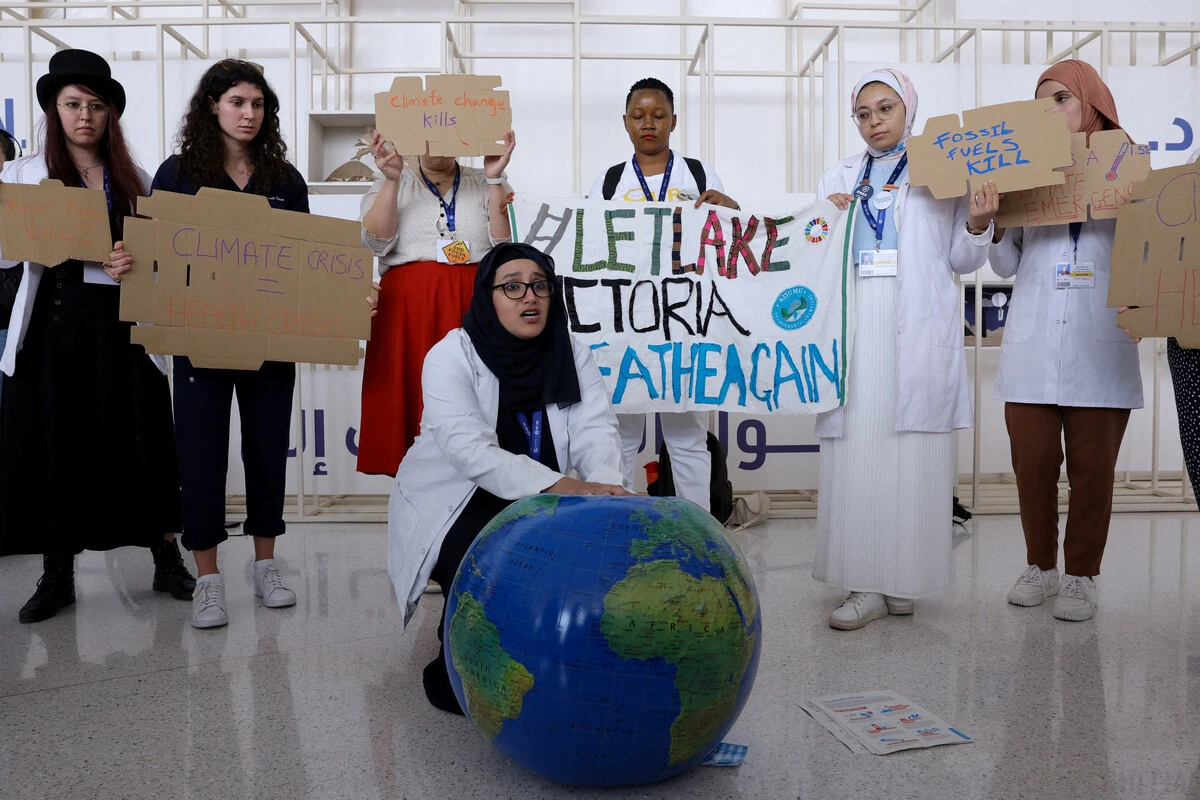As COP29 approaches in Baku, Azerbaijan, health is set to play a pivotal role in the discussions surrounding climate change. In a recent webinar hosted by the World Health Organization (WHO) alongside the COP29 presidency, experts highlighted the vital interconnection between climate change and health.
This year’s conference aims to integrate health into negotiation streams and heighten awareness of the health impacts stemming from climate change.
“The climate crisis is a health crisis,” emphasized Dr. Maria Neira, WHO’s Director of Environment, Climate Change and Health. She highlighted the urgent need for effective responses to the negative health effects of climate change and stressed the importance of ensuring that mitigation efforts also deliver health benefits.
To further emphasize this connection, COP29 will feature a Health Pavilion organized by the WHO and Wellcome Trust, featuring a two-week program of events, including a dedicated Health Day on November 18. The WHO plans to launch its COP29 Special Report, which will focus on the health benefits of climate initiatives.
Elmar Mammadov, Co-Lead of the COP29 Global and Regional Initiatives and Action Agenda Team, explained that health will be integrated across various themes at the conference.
“We emphasize the need for equitable climate action that prioritizes vulnerable populations,” he noted.
Initiatives like the Baku Initiative on Human Development for Climate Resilience and the One Health approach—highlighting the interconnectedness of human, animal, and environmental health—aim to bring health to the forefront of climate policy.
The agenda will also include discussions on maternal, newborn, and child health, as well as the links between health, food security, agriculture, and urban planning. This comprehensive approach reflects a growing recognition that health cannot be divorced from climate action.
Research indicates that climate change significantly impacts public health, with rising temperatures contributing to heat-related illnesses, the spread of infectious diseases, and worsening air quality.
The WHO reports that an estimated 250,000 additional deaths annually from 2030 to 2050 are attributable to climate change, primarily due to malnutrition, malaria, diarrhea, and heat stress. Vulnerable populations, including the elderly and those in low-income communities, are disproportionately affected.
With health set to receive increased attention at COP29, stakeholders are urged to engage in this crucial dialogue.
“We want to ensure that health remains a key argument for advancing climate action,” Dr. Neira reaffirmed.
The integration of health considerations into climate policies could not only mitigate the impacts of climate change but also enhance overall public health outcomes, paving the way for a healthier, more resilient future.
Read Also: We Don’t Have Time Urges Action on Climate Finance in COP29
















